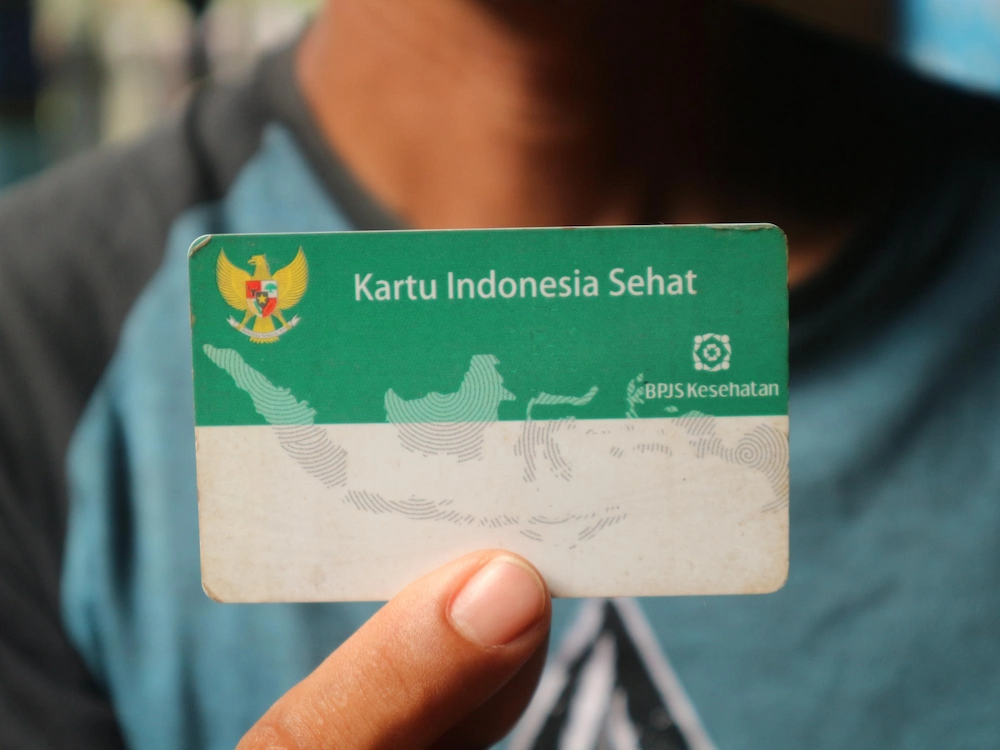Hearing that your home is about to be auctioned can be alarming. However, it’s important to stay calm and understand how to handle the situation wisely so you can find the best possible solution.
Banks or financial institutions indeed have the legal right to seize and auction off assets used as collateral, including homes under a mortgage (KPR) that has fallen into arrears.
Even so, the auction process cannot happen immediately. It must go through several legal stages and meet specific conditions. Before it’s too late, let’s look at the legal basis and the steps you can take to deal with a potential home auction.
Legal Basis for Property Seizure
Before discussing how to deal with a home auction, it’s essential to understand why a bank or financing institution can seize a property.
Legally, a bank or financial institution—as the lender—has the right to execute a collateral asset based on the debtor’s loan quality.
This right is stipulated in Bank Indonesia Board of Directors Decree No. 31/147/Kep/Dir Article 4 paragraph (1), which states that collateral assets, such as houses, may be repossessed if the credit is classified as non-performing.
According to Bank Indonesia (BI) regulations, a loan is categorized as non-performing if the principal or interest payments are overdue for more than 270 days.
This aligns with Article 1155 of the Indonesian Civil Code (KUHPerdata). However, differences in interpretation between lenders and borrowers regarding the credit condition often occur.
Before repossession takes place, the financial institution must issue three formal warning letters (Surat Peringatan/SP) and notify the debtor of the plan to sell the collateral.
If the debtor still fails to make payments after these warnings, the property can be seized and auctioned.
This process can also lead to a negative credit record in BI Checking or OJK’s SLIK, which may affect your future credit applications.
Property seizure generally happens due to loan default, where the debtor repeatedly fails to fulfill payment obligations after several reminders.
Financial institutions anticipate this risk from the start of the credit agreement by including a mortgage security clause (Hak Tanggungan) on the ownership certificate of the property.
The legal foundation for this process is stated in Law No. 4 of 1996 on Mortgage Rights Over Land and Objects Related to Land, which governs the relationship between financial institutions and debtors, including procedures in the event of default or non-payment.
Article 1 paragraph (1) defines Mortgage Rights (Hak Tanggungan) as a security right imposed on land and related objects to secure the repayment of specific debts, giving certain creditors priority over others.
Property Seizure Procedure
Property seizure is the last resort taken by a financing institution when a debtor defaults or fails to fulfill payment obligations.
The process begins with the lender sending up to three warning letters urging the debtor to settle outstanding payments as agreed.
If these warnings are ignored, under Articles 6 and 20 of Law No. 4 of 1996, the financial institution has the right to request an auction of the collateral through a Private Auction House, which will then forward the request to KPKNL (State Assets and Auction Service Office) under Indonesia’s Ministry of Finance.
Once the auction is completed, the proceeds will be used to pay off the outstanding debt, including fines, late fees, and penalties if applicable.
If the auction generates more funds than owed, the remaining balance will be returned to the debtor. However, if the proceeds are insufficient, the debtor remains responsible for covering the remaining balance.
How to Deal with a Home Auction by the Bank
After understanding the legal basis and procedures, let’s explore the steps you can take to manage the situation and seek a solution before losing your property.
1. Understand the Reason Behind the Auction
The first step is to identify why your home is being auctioned—whether it’s due to legal issues or unpaid installments.
Understand the applicable auction procedures according to your situation to know your rights and possible outcomes, including whether you’re entitled to any refund if your home is seized.
Based on Law No. 4 of 1996, a property used as collateral can be executed to repay debt, giving the creditor a preferred legal position.
If the issue is missed payments, make the payment immediately. But if you’re facing financial hardship, contact your financial institution as soon as possible to discuss potential solutions.
2. Consult a Professional
Consult a property lawyer to receive proper legal advice and guidance on the next steps.
If your challenge involves repayment, you can also seek advice from a financial consultant. Don’t hesitate to ask for expert help to get a comprehensive solution that fits your current situation.
3. Consider Refinancing
Refinancing is a facility that allows borrowers to restructure their existing loans with lower interest rates or longer tenors. This is commonly used for mortgages, vehicle loans, or even credit cards.
Although it may seem like taking a new loan to pay off an old one, refinancing can actually be an effective solution to avoid default, lower interest rates, ease monthly installments, and adjust repayment terms.
4. Opt for a Take-Over Credit
A take-over credit involves selling your mortgaged home and transferring the loan obligations to a new buyer.
In this arrangement, the buyer continues the mortgage payments until the loan is fully repaid.
Before proceeding, make sure to obtain written approval from the financing institution to avoid legal complications. Also, ensure that the buyer is trustworthy and financially capable of continuing the payments.
5. Request Loan Restructuring or Relief
If you’re struggling to make payments, contact your lender immediately and explain your financial condition.
Negotiate for relief options such as reduced penalties, lower interest rates, extended repayment periods, or adjusted monthly installments.
With transparency and good communication, most financial institutions are willing to help you find a solution that fits your capabilities.
6. Sell the Property Before the Auction
If all other options have been exhausted, selling your home before the auction can be a last resort.
By doing so, you can use the proceeds from the sale to pay off your remaining debt and avoid further financial loss.
Alternatively, consider a take-over credit arrangement, allowing the buyer to take over your mortgage payments until the end of the loan term.
Those are some of the steps you can take to deal with a bank-initiated home auction. By staying calm and understanding your legal rights, you can find the best solution before losing your valuable asset.
If you need financial assistance to settle your obligations or restore your financial stability, BFI Finance is ready to help with a variety of flexible financing options.
You can choose financing secured by motorcycle or car BPKB, or property certificates (house, shop, or office building). All BFI Finance services are licensed and supervised by the Financial Services Authority (OJK), ensuring a transparent and secure process.
Meet your financial needs through a safe and reliable process because #ThereIsAlwaysAWay with BFI Finance. Let’s rebuild a stable and well-planned financial future together!






